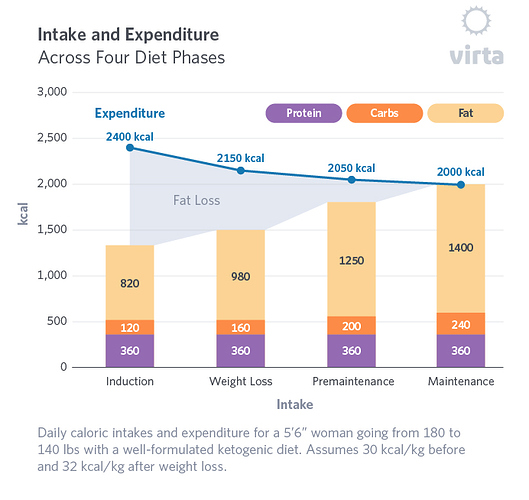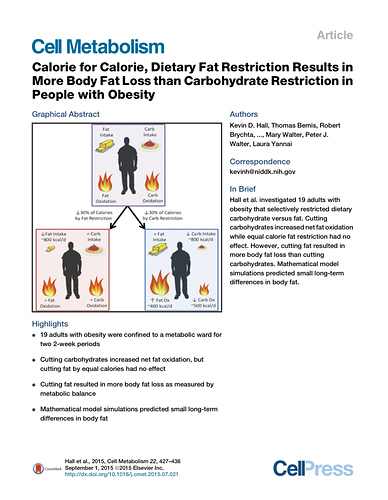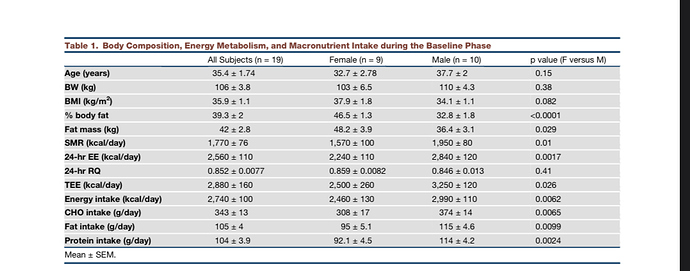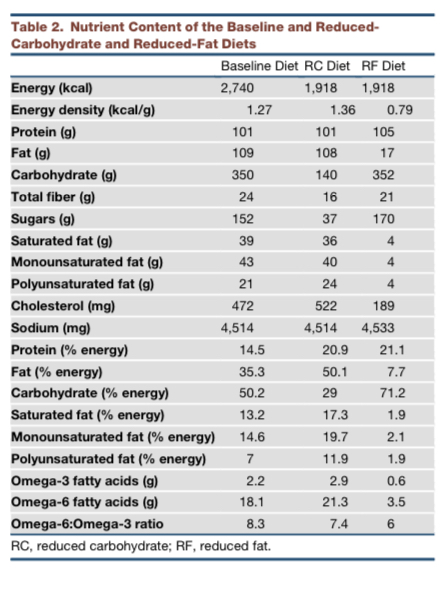But that is exactly what it does mean, so what is the problem? Coca-cola, for one, uses the phrases interchangeably in its advertising, in order to claim that you can drink its sugar-water with impunity, so long as you account for the calories involved.
While these discussions are always fun, they never seem to get resolved, because the people on the various sides of the argument are not always clear about how they are using terms.
For instance, people arguing that the body’s hormonal responses to foods in the diet trump the caloric content of those foods are not saying that the First Law of Thermodynamics is being violated thereby (even though they may appear to be saying so), merely that there is more to the picture. For example, Gary Taubes makes the point that while the First Law always applies, it says nothing about the direction of causality. It may be that eating less may cause us to lose weight or—as Taubes points out—it may be that the eating less is the result, not the cause, of our being in weight-loss mode for hormonal reasons.
Taubes points out that no one claims that teenagers grow up into adults because they ate more than they expended. We are all clear that their hormones caused the weight gain and directed it to muscle and bone, while causing fat loss in certain places (particularly in boys) and the deposit of fat in certain places (particularly in girls). The fact that pubescent children are eating machines is the result of their growth, not the cause. He points out that it might make sense to apply the same logic to adult weight gain and loss, as well. Along the same lines, Phinney recounts the experience of one of his research subjects, a woman who lost half the amount of weight of the other women in the study. A DEXA scan revealed that she had lost the same amount of fat but had gained some lean tissue at the same time.
Thus it is clear, from both research and experience, that whether we gain or lose muscle, bone, or fat depends strongly on the dietary context. For example, the body tends to hold on to its fat stores until fairly late in the process of starvation. This was most clearly demonstrated during World War II by the victims sent to the German concentration camps, who didn’t start to look truly emaciated until they were within a few months of death from starvation. There appear to be mechanisms that spread out the damage from lack of adequate food intake, so that no one area of the body alone takes the hit.
This is part of the reason that eating a ketogenic diet to satiety allows the body to shed excess stored fat. The mechanisms that control appetite appear to take into account the source of the calories expended, so that both dietary and stored fat can be metabolised. And this all makes sense, because for the vast majority of the two million years of human evolutionary history, nobody knew about calories or macronutrients, and yet our ancestors managed somehow to avoid the metabolic diseases that plague us today.
Also, my impression is that your objection to the article by professors Feinman and Fine, which started this whole thread, appears to be a misunderstanding of where they are coming from, and of how their point fits into the scholarly conversation. I tend to think that the article ought to have been unnecessary, but it points out a logical inconsistency in arguments often used in scholarly papers and thereby serves a purpose. As Taubes points out, the difficulty of performing randomised, controlled trials on human subjects leads to shortcuts and sloppy thinking that would not be tolerated in any other area of scientific endeavour.


 There’s definitely a conspiracy at work!
There’s definitely a conspiracy at work! 
 Have to laugh - sometimes it goes that way. Perhaps we should focus more on the real, ‘hard’ science of it?
Have to laugh - sometimes it goes that way. Perhaps we should focus more on the real, ‘hard’ science of it?






